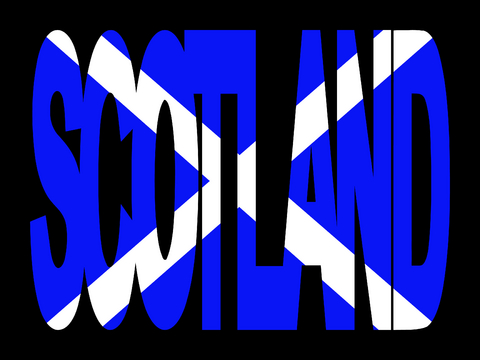
While perhaps a little unfair to single out the Scottish property market, Edinburgh-based McEwan Fraser Legal has been expressing concerns about the Scottish property market and the recent introduction of the land and buildings transaction tax (LBTT). This is not the first time that serious concerns have emerged about the Scottish property market and the handling of what used to be known as property stamp duty by the Scottish government. In a landmark introduction, the LBTT was the first dissolved tax introduced by Scotland since the Act of Union.
Has demand fallen?
Figures seem to suggest there has been a significant drop-off in sales towards the higher end of the market and, as we have seen in England, a fall in demand for second homes/buy to let properties. Properties worth between £500,000 and £1 million have seen a 25% drop-off in demand with the figure even worse at 40% for properties worth over £1 million. In reality there is no doubt that the current confusion and concern regarding Brexit is having an impact UK wide but there is a serious problem emerging in Scotland.
The LBTT was sold as a “progressive levy” on residential properties at a rate of 2% on homes worth more than £145,000 rising to 12% on the sale of property worth more than £750,000. Holiday homes and buy to let properties, together with second homes, are now charged an additional rate of 3% under the additional dwelling supplement. When you bear in mind that someone selling a property worth for example £400,000 would face a transaction tax bill in excess of £25,000, where is the incentive for activity in the property market?
Forecast LBTT revenues down
The idea that the rich would pay more when acquiring a property seemed to go down well with many of the electorate when there was a promise of increased tax revenue. The fact that LBTT revenue looks likely to fall £57 million short of the forecast for the last 12 months (as calculated by the Scottish Property Federation) does not bode well for the future. So, the promise of additional taxation to cover public services is in jeopardy and the Scottish government faced with a difficult situation.
In order to recoup some of the “lost” revenue does the Scottish government revert back to the traditional system, which is more accommodating for properties right across the valuation spectrum, or do politicians look to increase the current LBTT rates? There are obviously two problems here, reverting back to the old system would be political suicide and a major U-turn but increasing the current rate of taxation under the LBTT system would likely see revenues fall even further.
Conclusion
The Scottish government was warned at the time that tinkering with property stamp duty would do more harm than good. Whether this was simply a rush to introduce Scotland’s first devolved tax since the Act of Union or a misguided project to tax the rich at the expense of the property market is debatable. We are now in a situation where the UK economy is struggling, property markets are holding up relatively well although under pressure and the Scottish government, though not alone, has seen a significant shortfall in forecast LBTT revenues.
If the independence issue was to emerge again there is the potential for a further slowdown in the Scottish property market. All in all this will be a very challenging period for the ruling SNP party.

